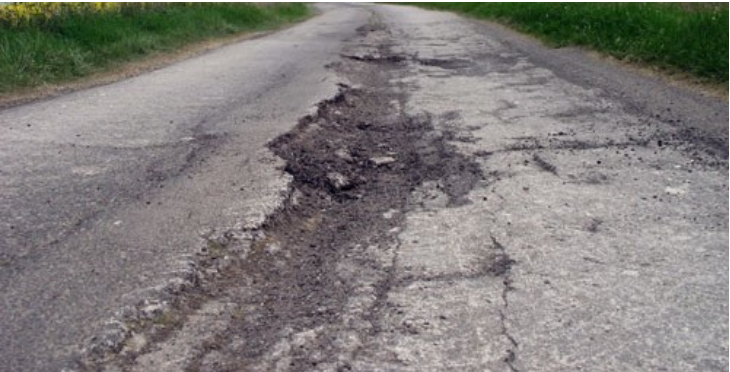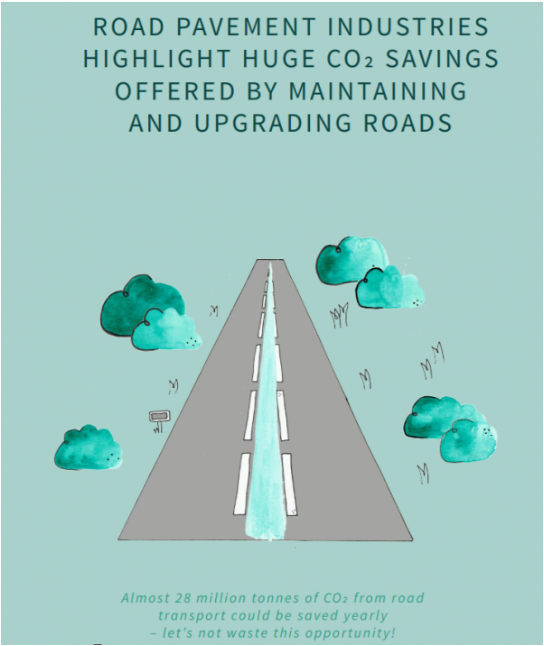
What to think to invest in infrastructures?
It is weekend. Dinner with friends at home and the dishwasher is damaged. After washing the dishes by hand, I set out a question: ‘what do you value most when buying a dishwasher?
This is one of the situations where it is clear that the dishwasher exists because there is a service that generates its demand. If there were not dishes to be cleaned, there would hardly be an element dedicated to its cleaning, which has influence in ‘liberating our time’. So it must be designed specifically to satisfy with guarantees and quality the purpose for which it was designed.
Some people will tell us that, for the new purchase, we should value the price (an economic product can be tempting for our pocket); while others will advise us to evaluate the latest trends in this regard (a ‘designer’ dishwasher can incorporate the last cleaning technology). However, are these options the only ones to consider for the purchase? In addition, there could be people who advise you to seek the incorporation of eco-design criteria in order to our choice incorporates recycled materials, for example. So, what will be the most important criterion?

All the above options are attractive, of course, but I must admit that if I were at dinner, my advice would be towards buying the most efficient dishwasher. Why? Let’s see. I am going to convince you:
- You are going to live for a long time with this electrical appliance, which consumes energy and water, so the fact that consumption would be as low as possible is important, affects our pocket.
- Furthermore, do you believe that a surprisingly low price ensures not means a reduction in robustness? Perhaps, paying a little more you ensure a longer life of the appliance (and cleaner dishes).
According to dictionaries, the term ‘efficiency’ implies the ‘ability to have someone or something to achieve a certain effect’. This definition, which seems timeless and absolute, is really a term that must change and adapt to the particular context of each moment in history, and the current moment is not trivial. Efficiency implies that this ‘effect to achieve’ brings together all needs that the current context commits ourselves to satisfy.
A dishwasher must be able to clean the dishes correctly, with low electricity and water consumption (critical points in today’s society) and with a reasonable shelf life for the appliance, which will ensure that the consumption of resources is sustainable.
And, what if we associate this simile with roads?
The road exists to cover society’s need to transport goods and people from point A to point B. Everyone, like the dishwasher, should want an efficient road.
The road, as infrastructures, has its own environmental impact (associated with its ray materials, its manufacturing processes, etc), but it also has an influence on the impact associated with the consumption of the vehicles that pass through it, the accident rate, comfort, the state of the vehicles, the connectivity of different zones… Therefore, it should not matter to invest more resources and efforts at the beginning if later a return is obtained and the overall balance is positive (both from the environmental point of view as economic).

A road in good condition (efficient) can reduce the consumption of vehicles that travel up to 5% (EAPA). As an infrastructures, the construction and conservation of a road for 30 years represents less than 1% of the CO2 emissions of the vehicles that pass through it (EAPA).
So, why is not the concept of efficiency on the road as obvious as it is in a household appliance?
In the case of the dishwasher, the user chooses and funds it, pays for water, electricity, detergent, salt, dishes or repairs… according to his judgment. However, in the case of roads, the Administration, whit all the constraints, which manages and decides the actions on infrastructures. In addition, the saving obtained in the correct management of the infrastructures, are visible in the medium-long term and the fuel savings are diluted in many small saving for drivers, difficult to quantify. This may be the reason why Administration does not perceive an immediate real benefit, or perhaps it is not too attractive considering its electoral and budgetary pressure. The money also comes from the user’s pocket.
It is necessary to help administrations, from all the sectors involved in road transport, to understand that we are in a long distance race, to help internalize the concept of efficiency, and to evaluate the problems considering the global set of transport system as a whole, and not evaluate individually the multiple independent subsystems that compose it.
The environmental variable is improved thanks to a good conservation of the roads and the economic variable too, from a global point of view and including all the agents involved.
Let’s start acting!
Alberto Moral and Laura Pablos